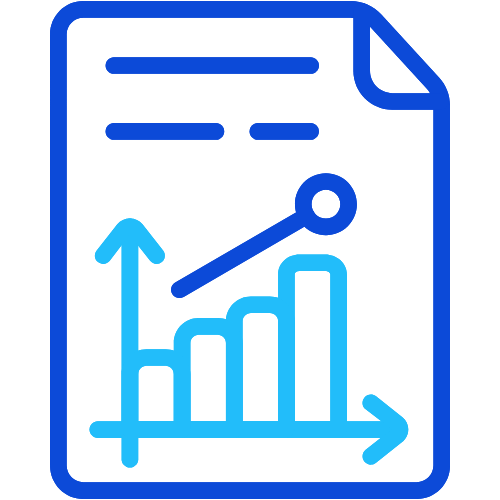Understanding the Basics of Agriculture Accounting
Table of Contents
ToggleAgriculture accounting involves recording, and managing the financial transactions of farming businesses. It tracks income, expenses, assets, and liabilities while preparing financial statements and reports that accurately reflect the farm’s financial health. Agriculture accounting is suitable for individuals who love working with numbers and agriculture.
Agriculture accounting is a specialized field that demands expert knowledge of the industry. It involves addressing the unique challenges faced by farming and rural businesses. Specialist accountants serve as general practitioners, handling all the financial needs of an agricultural business, including cash flow management, tax planning, estate planning, and more. A solid understanding of agriculture bookkeeping services is essential for maintaining financial health and achieving long-term success in the farming sector.
Key Aspects of Agricultural Bookkeeping and Accounting
Weather-Related Financial Impact: Track the financial effects of weather events on livestock, crop yields, and insurance claims. Manage and document losses, and ensure timely processing of insurance claims to mitigate financial setbacks.
Commodity Price Fluctuations: Reflect changes in commodity prices on revenue and expenses. Adjust financial forecasts and budgets to account for market volatility and maintain financial stability.
Environmental Regulation Compliance: Monitor and account for costs associated with complying with environmental regulations. Prepare impact reports detailing financial implications for informed decision-making.
Food Safety Audit Costs: Control and manage expenses related to food safety audits and certifications. Ensure these costs are accurately reflected in financial records to sustain compliance.
Commodity Price Risk Management: Utilize financial tools to manage the risk associated with commodity price fluctuations. Monitor these tools within the bookkeeping system to stabilize income streams.
Insurance Coverage Adequacy: Regularly assess insurance coverage for property, liability, and crop losses. Ensure coverage aligns with the business’s risk profile and financial needs.
Precision Agriculture Tracking: Track the costs and benefits of precision agriculture tools like data analytics, drones, and GPS. Use this data to make informed decisions about future technology investments.
Software Integration: Integrate accounting software with farm management systems for efficient data flow. This supports real-time financial monitoring and accurate, timely reporting.
Estate Planning Tax Management: Manage the tax implications of estate planning on asset valuation. Implement strategies to transfer assets efficiently while preserving farm value.
Advantages of Agricultural Accounting and Bookkeeping Services for the Farming Industry
Investment Analysis: Use agriculture accounting to review investments and make informed financial decisions.
Inventory Management for Crops and Livestock: Employ agriculture bookkeeping services to precisely monitor stocks, including crops, livestock, and related expenses.
Machinery and Equipment Depreciation: Use agricultural accounting to ensure how much farm equipment and machinery loses value over time, their worth is shown accurately.
Government Program Compliance: Rely on agriculture bookkeeping services to comply with rules for grants, subsidies, and government programs, ensuring accurate reporting and avoiding penalties.
Tracking and Reporting Subsidies: Use agricultural accounting to maintain high-quality documentation of all subsidies received, including eligibility criteria and reporting obligations.
Disaster Recovery and Crop Insurance: Leverage agriculture bookkeeping services to manage crop insurance claims and record damages from natural disasters, securing financial protection during unforeseen events.
Challenges in Agricultural Accounting
Time-Consuming Nature: Agricultural accounting demands significant effort, particularly for farmers managing large or complex operations. Tracking all financial transactions, preparing statements, and ensuring tax compliance takes considerable time.
Fluctuating Market Prices: The agricultural industry faces fluctuating market prices that affect the value of crops and livestock. This changing market makes agriculture accounting more complex, to fix it farmers need to regularly update their records to match current conditions. This changing market makes agriculture accounting more complex, to fix it farmers should regularly update their records to match current conditions.
Managing Multiple Income Streams: Farming businesses often have various income sources, such as crop sales, livestock sales, and government subsidies. Accurately tracking and recording these diverse income streams can be challenging.
Conclusion
At Meru Accounting, our expertise in agriculture accounting allows us to offer comprehensive agriculture bookkeeping services that support farmers in managing their financial health. Through precise tracking of income streams, investment analysis, and risk management, Meru Accounting helps clients navigate the complexities of the farming industry, ensuring their long-term success. Agriculture accounting and agriculture bookkeeping services are crucial for maintaining the financial stability and growth of farming businesses.

























































































